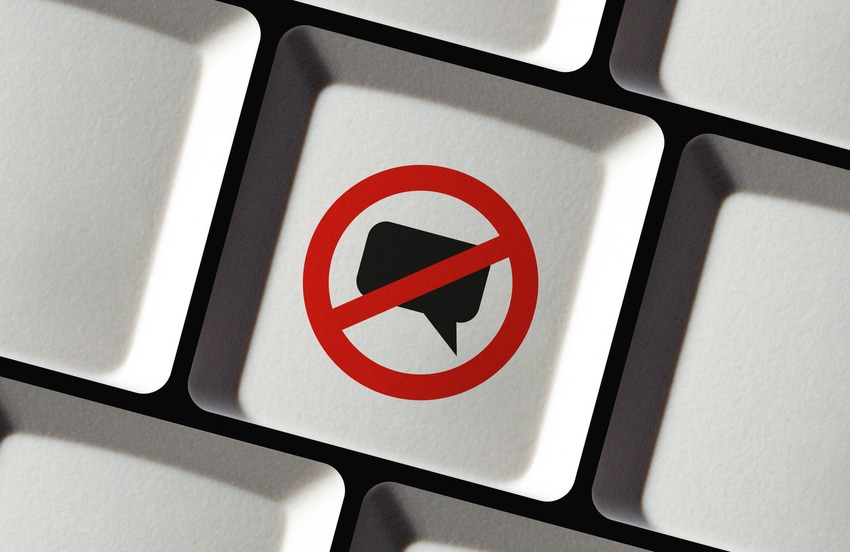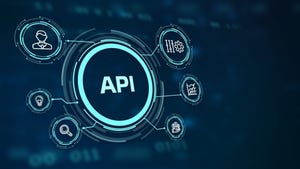Ofcom insists its censorship role is really about ‘media literacy’
In an ongoing bid to validate its new role as the UK’s chief digital censor, Ofcom has set out a three year plan to improve the nation’s media literacy.
April 29, 2024

“Empowering people to navigate content safely and flourish online,” proclaims the Ofcom press release. The announcement commences with the inevitable redundant preamble about the importance of safety, before moving on to an equally generic summary of how Ofcom’s bloated bureaucracy will justify the millions of taxpayer pounds it’s devoting to the matter by having a really hard look at it.
“We are constantly surrounded by media, news and entertainment, so the ability to navigate and evaluate content critically is becoming increasingly essential to our daily lives,” said Yih-Choung Teh, Ofcom’s Strategy and Research Group Director. “We all have a role to play in making sure that adults and children across the UK can navigate content safely and flourish online.”
Do we? The announcement eventually gets a bit more substantial by announcing specific issues at the top of Ofcom’s to-do list. In keeping with the spirit of the Online Safety Bill, which provides the legislative platform for Ofcom’s new censorship role, this media literacy initiative uses legitimate public safety concerns as a Trojan Horse for the introduction of more questionable interventions.
So a focus on ‘harmful content and activity that disproportionally affects women and girls,’ and ‘protection of personal information,’ will vie with ‘content of democratic importance,’ and general ‘misinformation and disinformation’ as things the UK populus is considered to be dangerously illiterate about.
The latter two issues have a clear political nature, further fuelling concerns that the UK government, which appoints the Ofcom board, is using the regulator as a proxy for its own censorship aims. Ofcom is empowered to unilaterally decide what online content is of democratic importance as well as which of the many exaggerations, deceptions, and lies disseminated by all points of the political compass are misinformation.
Amid talk of partnering with ‘trusted voices’ to deliver this media literacy, the announcement makes it clear what it's really all about. “Improving media literacy is a collective effort, but online platforms in particular must do more,” it says. With major elections taking place over the next year, many governments are desperate to exercise greater control over the digital public square, having been appalled at the democratic outcomes of 2016.
Ofcom has now opened a consultation to see what everyone thinks of its cunning plan for media literacy. Amid all the talk of improving it, we couldn’t find any descriptions of what constitutes good media literacy. If all they mean is things like encouraging a plurality of sources and identifying bias and agendas in what you see online then that would be hard to argue with. But more likely Ofcom sees itself as the arbiter of good and bad content – i.e. chief digital censor.
About the Author(s)
You May Also Like











_1.jpg?width=300&auto=webp&quality=80&disable=upscale)


.png?width=800&auto=webp&quality=80&disable=upscale)